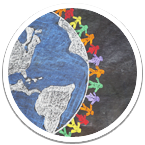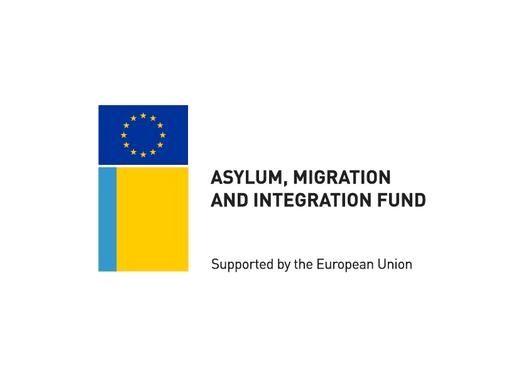Immigrants' functional ability
Functional ability describes a person’s physical, psychological, cognitive and social abilities in everyday life. Functional ability is formed in an interaction between the individual and the environment.
Factors that may limit an immigrant’s functional ability include traumatic experiences preceding immigration or being separated from and worried about family members who remain in the former homeland. By contrast, an atmosphere of non-discrimination and friendships in the new homeland support the functional ability of those who have moved to Finland.
Sufficient functional ability helps people feel well, integrate into the society, cope in working life, and manage daily life.
The dimensions of functional ability can be divided into physical, psychological, cognitive and social aspects.
The country of origin affects the prevalence of difficulties connected to functional ability
On average, difficulties connected to functional ability are as common as among Finland’s population on the whole. On the other hand, certain population groups of foreign origin feel that they have fewer difficulties related to functional ability compared to the general population.
However, there is major variation in functional and work ability depending on the country of origin. For instance, the incidence of impaired mobility has been found to be higher among those who have moved to Finland from the Middle East and North Africa. Mental strain is also common immigrants from these regions
At the moment, the population of foreign origin in Finland is generally young, which means that they difficulties related to functional ability they encounter are different than those of older population. The functional ability of asylum seekers and those with refugee background is limited by untreated basic illnesses, diseases that have emerged under difficult circumstances, and untreated traumas. Finland also particularly selects persons with disabilities, impaired health or illness as its quota refugees.
As the population of foreign origin ages, it will also be very important to provide the older immigrants with support and rehabilitation services to maintain their functional ability.
Good functional ability helps integration
It is important to identify the strengths and restrictions of immigrants’ functional capacity in the integration phase in order to offer them rehabilitation services that respond to their needs.
The paths towards integration of those who have moved to Finland can be supported more individually by identifying the strengths and challenges of functional ability. THL’s mobiTARMO project will develop a tool for identifying and assessing an immigrant's functional capacity in the integration phase.





